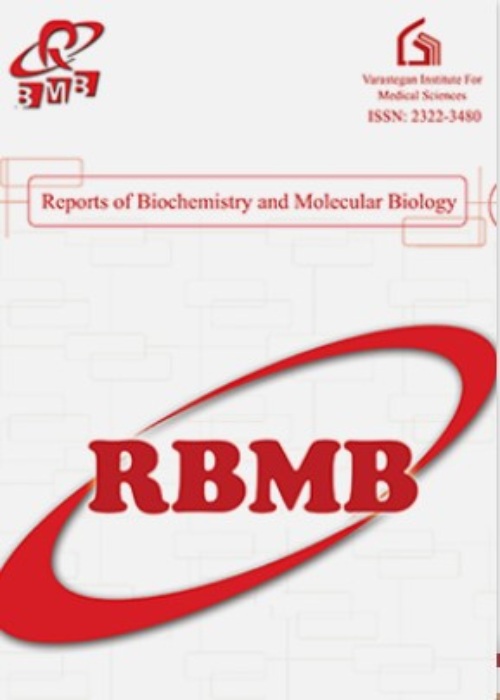Understanding the Mechanism Underlie the Antidiabetic Activity of Oleuropein Using Ex-Vivo Approach
Oleuropein, the main constituent of olive fruit and leaves, has been reported to protect against insulin resistance and diabetes. While many experimental investigations have examined the mechanisms by which oleuropein improves insulin resistance and diabetes, much of these investigations have been carried out in either muscle cell lines or in vivo models two scenarios with many drawbacks. Accordingly, to simplify identification of mechanisms by which oleuropein regulates specific cellular processes, we resort, in the present study, to isolated muscle preparation which enables better metabolic milieu control and permit more detailed analyses.
For this purpose, soleus muscles were incubated for 12 h without or with palmitate (1.5 mM) in the presence or absence of oleuropein (1.5 mM), and compound C. Insulin-stimulated glucose transport, glucose transporter type 4 (GLUT4) translocation, Akt substrate of 160 kDa (AS160) hosphorylation and adenosine monophosphate-activated protein kinase (AMPK) phosphorylation were examined.
Palmitate treatment reduced insulin-stimulated glucose transport, GLUT4 translocation and AS160 phosphorylation, but AMPK phosphorylation was not changed. Oleuropein administration (12 h) fully rescued insulin-stimulated glucose transport, but partially restored GLUT4 translocation. However, it fully restored AS160 phosphorylation, raising the possibility that oleuropein may also have contributed to the restoration of glucose transport by increased GLUT4 intrinsic activity. Inhibition of AMPK phosphorylation with compound C (50 μM) prevented oleuropein -induced improvements in insulin-stimulated glucose transport, GLUT4 translocation, and AS160 phosphorylation.
Our results clearly indicate that oleuropein alleviates palmitate-induced insulin resistance appears to occur via an AMPK-dependent mechanism involving improvements in the functionality of the AS160-GLUT4 signaling system.
AMPK , GLUT4 , Muscle , Insulin resistance , Oleuropein
- حق عضویت دریافتی صرف حمایت از نشریات عضو و نگهداری، تکمیل و توسعه مگیران میشود.
- پرداخت حق اشتراک و دانلود مقالات اجازه بازنشر آن در سایر رسانههای چاپی و دیجیتال را به کاربر نمیدهد.


